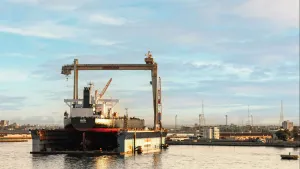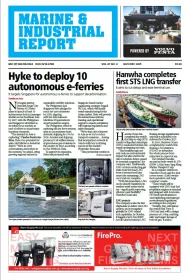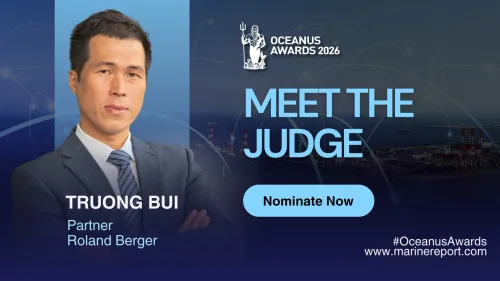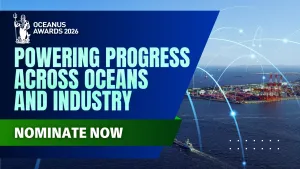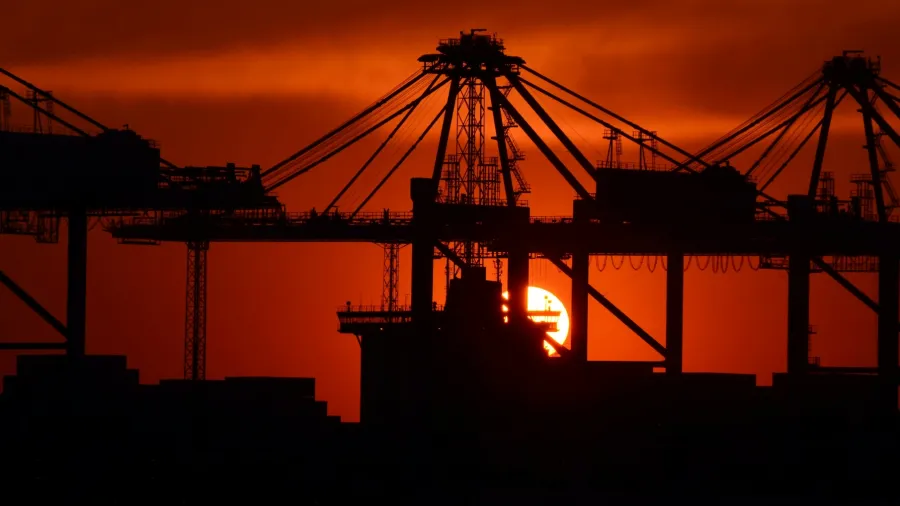
Inconsistent regulation stalls maritime decarbonisation
Without coordinated regulation, widespread green fuel adoption will be difficult.
The global shipping industry needs global regulatory support to attain its net-zero and digital transformation targets.
According to the inaugural Global Maritime Trends 2025 Barometer by Lloyd’s Register (LR) and Lloyd’s Register Foundation, widespread adoption of green fuels is unlikely without robust and coordinated regulation. To address this, policies such as carbon pricing, emissions mandates, and incentives for green investments are essential.
The 2025 Barometer indicates that global energy production remains significantly dependent on fossil fuels even with a 50% increase in alternative-fuelled ship orders last year.
Whilst there is development on digital transition, the report noted the industry still lags behind land-based industries.
“One of the report’s most concerning findings is the critical gaps in workforce development, impacting both transitions - the People component scored only 27% alignment on energy transition and 32% alignment on digital transition,” LR said.
“Training programmes remain insufficient to prepare seafarers for safely operating vessels powered by alternative fuels and implementing new digital technologies. Recruitment struggles persist because of an ageing workforce and declining interest in maritime careers,” it added.
Despite these challenges, major ports are accelerating decarbonisation initiatives, enhanced connectivity and autonomy are improving productivity, energy efficiency measures are gaining traction, and momentum is building for alternative-fuelled ship adoption.
“This is a critical moment for the maritime sector. The industry has demonstrated its commitment to change, but the reality is that without regulatory clarity and global alignment, investment and innovation will remain hesitant,” said James Frew, advisory director at LR.

